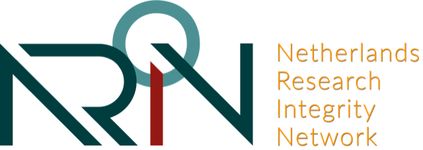During the last years Elisabeth Bik has done a systematic scan of 20,000 papers in 40 journals and found that about 4% of these contained inappropriately duplicated images. How does this procedure of searching and reporting errors in biomedical articles looks like? In her talk she will present her work and show several types of inappropriately duplicated images and other examples of research misconduct. Additionally, Boris Barbour will give a talk on PubPeer: an influential channel of post-publication peer review that has enabled its users to alert the world of research to the existence of unsuspected volumes of problematic research.
About the speakers:
- Elisabeth Bik, PhD, is a science integrity consultant who specializes in finding image duplications in scientific papers. After receiving her PhD in Microbiology at Utrecht University in The Netherlands, she worked 15 years at the Stanford University School of Medicine on the microbiomes of humans and marine mammals. From 2016-2019, she worked at two microbiome startup companies. In March 2019, she left her job to become a science integrity volunteer and occasional consultant. She has reported over 4,000 papers for issues with image duplication or other concerns. In April 2021 she was awarded the Peter Wildy Prize by the UK Microbiology Society for her contributions in science communication.
- Boris Barbour joined PubPeer shortly after its launch in 2012, and has been involved in many aspects of site operation, strategy and representation since then. Besides his voluntary work for PubPeer, Boris Barbour is an academic researcher in neuroscience, working on the neuronal algorithms underlying motor learning, employed by the CNRS and working at the Ecole Normale Supérieure in Paris, France.
Disclaimers: Boris his voluntary work for PubPeer is independent of his academic employers and host institutions, and his views should not be taken to represent theirs. The PubPeer Foundation offers subscription-based “Dashboards” to journals, publishers and research institutions.






